Elon Musk did not develop the sketchy cryptocurrency trading platform that a random user on Facebook recommends you invest in.
The Hong Kong Securities and Futures Commission issued a warning last week on deepfake frauds, as per Business Insider. According to the statement, a group calling itself Quantum AI, or AI Quantum, is utilizing deepfake videos of Elon Musk to mislead people into believing he is behind the software.
The group will not be confused with NASA's Quantum AI Lab (QuAIL), which conducts research on quantum computing.
As the technology behind artificial intelligence progresses, scammers increasingly deploy deepfakes to trick their victims into giving over money.
Deepfake Technology Fools Investors
"Deepfakes" uses artificial intelligence to simulate a person's face and voice in a video or audio clip. Scammers use deepfakes to initiate video calls with victims. They then use a webcam and software to modify their facial features to match the person the victim believes they are conversing with.
For example, the famed Nigerian fraud organization, The Yahoo Boys, employs deepfakes to lure victims into romance scams.
The Hong Kong group claimed to offer a cryptocurrency trading service based on underlying artificial intelligence. However, Hong Kong officials assume it is a cover for "virtual asset-related fraudulent activities." According to the notice, the group ran its crypto frauds through three websites and two Facebook groups.
Authorities Crack Down on Crypto Scam
Authorities said the group utilized deepfake videos of Musk to trick victims into believing he was the technology's developer, giving the fake company legitimacy. According to investigators, they even created a bogus "news" website to spread misleading information about the service.
Crypto News reports that Hong Kong police have shut down its websites and social media profiles. The Hong Kong Police Force did not respond to BI's request for comment.
Victims Lured by Fake Elon Musk Involvement
Scammers have already utilized deepfakes of Musk to steal money from their victims. In April, a South Korean woman said she lost $50,000 after scammers posing as Musk reached out to her on Instagram. She even made a video chat to someone she assumed was the ubiquitous millionaire.
"'Musk even said 'I love you, you know that?' when we made a video call," the lady told 60 Minutes of the fabricated encounter.
Photo: Microsoft Bing






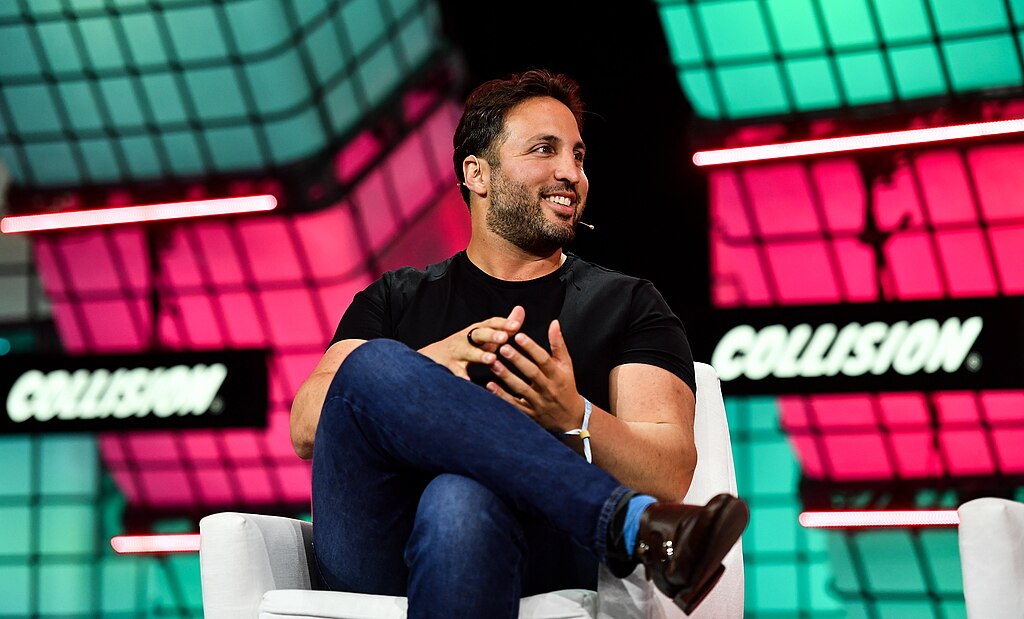


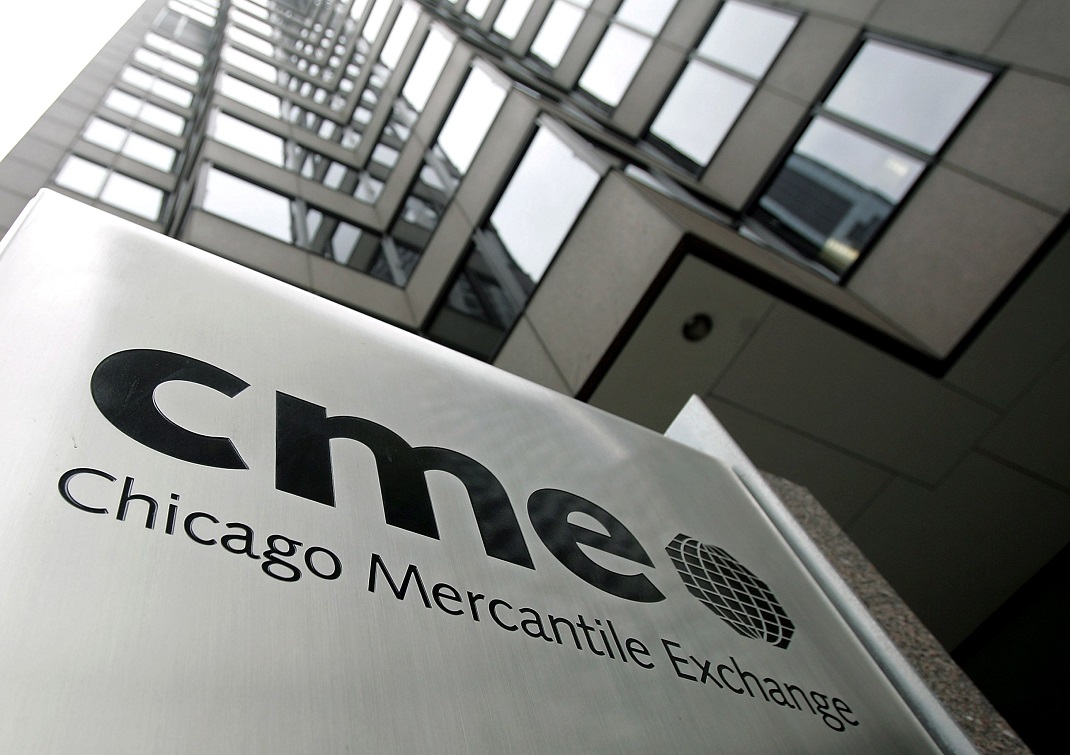

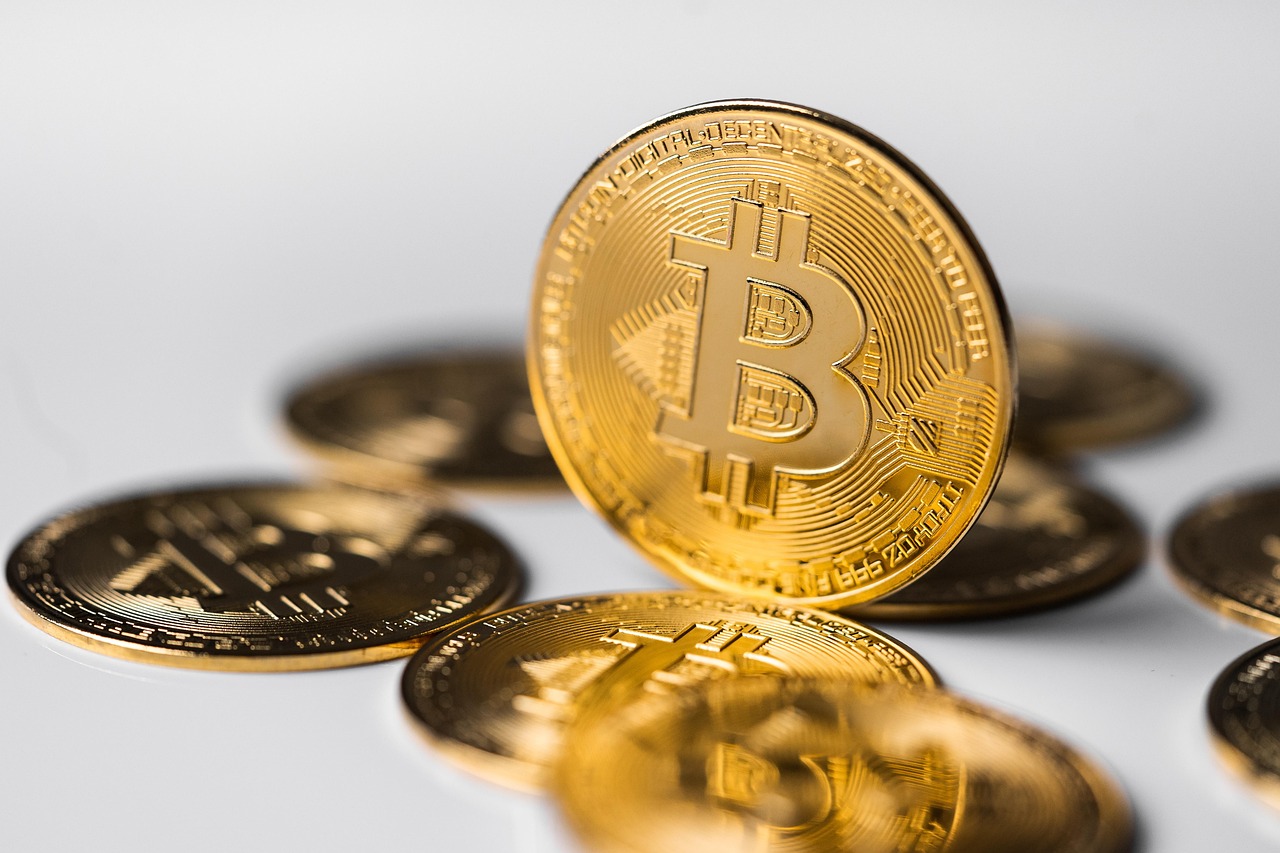







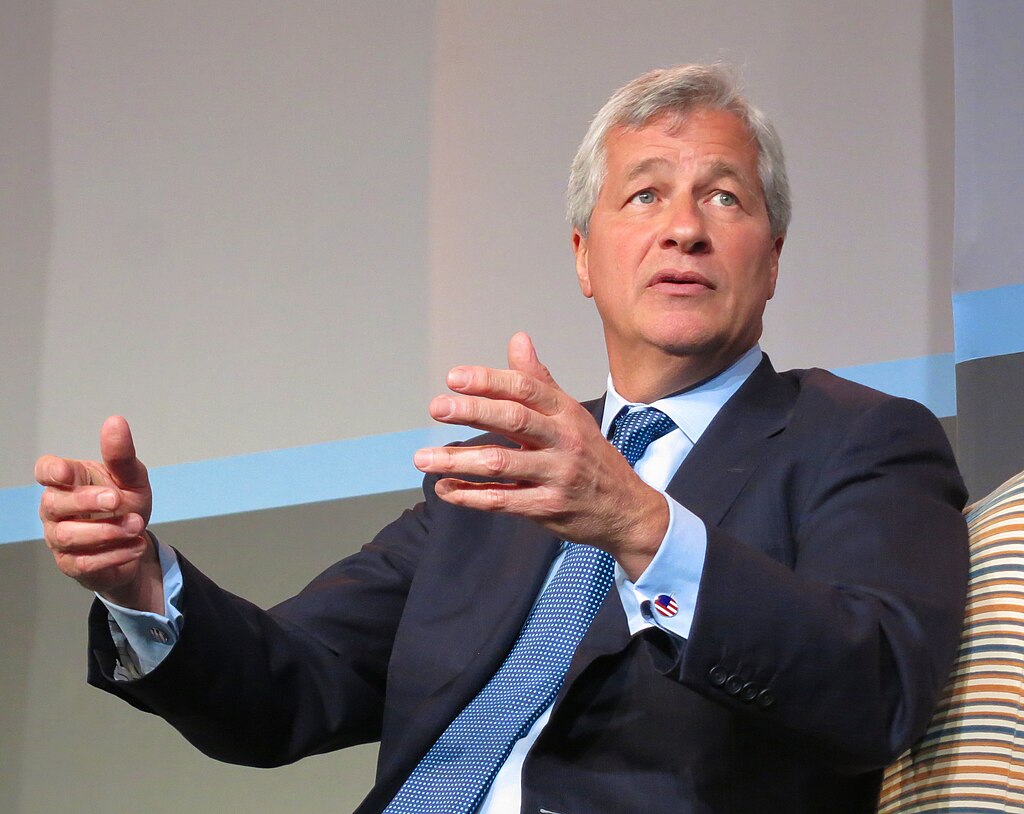
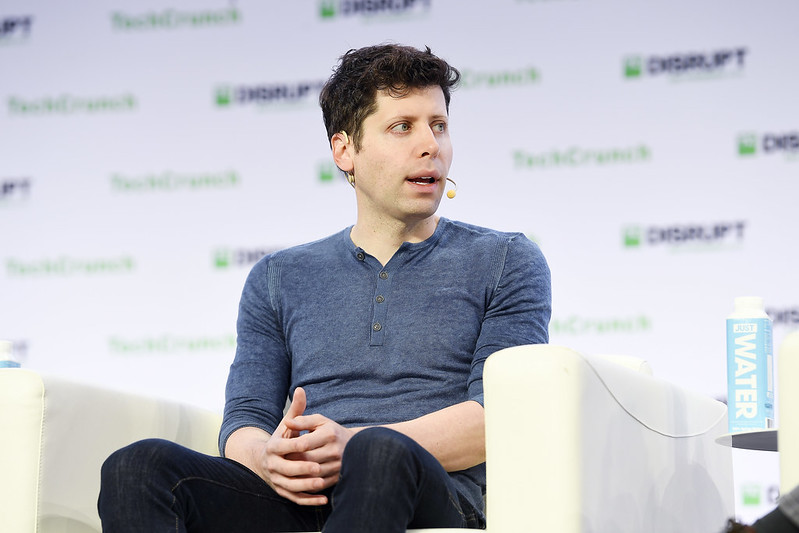




Comment 0